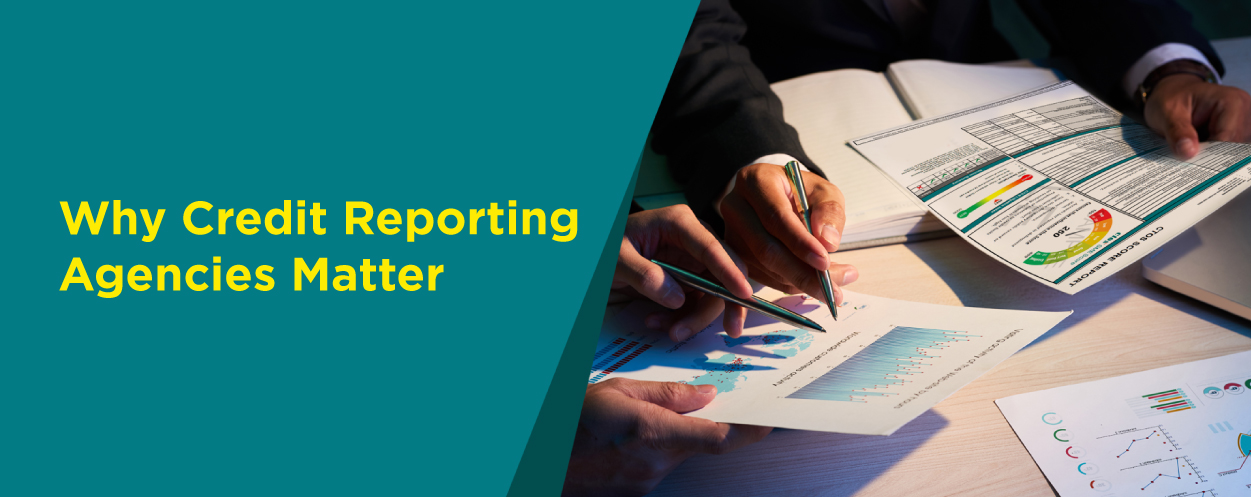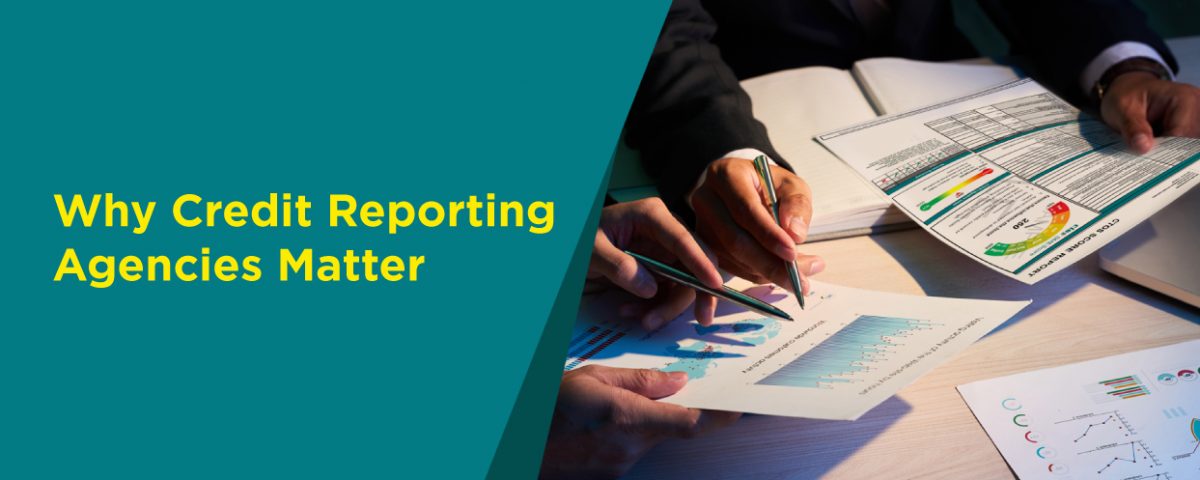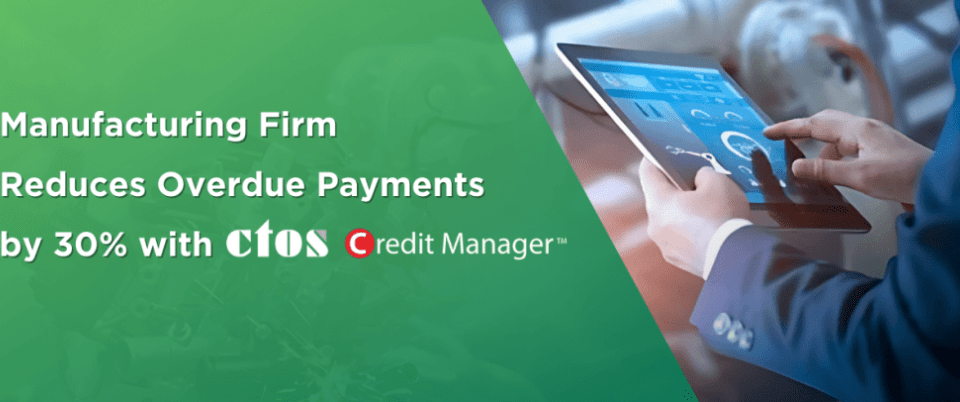
For many people, their interactions with a credit reporting agency (CRA) start when they apply for a loan or credit. Behind the scenes, CRAs play a critical role in promoting economic development, fostering financial inclusion, and building strong, resilient economies that benefit individuals, businesses and society as a whole. Here are the benefits:
A) Benefits to the Economy
Credit market efficiency: CRAs enable instant access to information, giving lenders the data they need to assess risk objectively. Before the existence of CRAs, lenders had limited access to information about borrowers’ creditworthiness, which led to higher interest rates and more stringent lending criteria to compensate for the uncertainty. With CRAs, lenders can access comprehensive credit reports, leading to more competitive interest rates and broader access to credit for borrowers.
Stimulating investment: A robust credit reporting system enhances a country’s attractiveness to local and foreign investors by reducing investment risks and increasing transparency. Investors are more likely to invest in jurisdictions with well-established CRAs that provide reliable credit information and legal protections for creditors.
Encouraging business activity: By providing lenders with reliable credit information, CRAs facilitate business activity, encouraging investment, job creation, and economic growth. The World Bank in its Doing Business Report 2020 ranked Malaysia as 12th out of 190 economies for ease of doing business. This is partly due to the depth and ease of access to Malaysia’s credit information provided by CRAs.
Ensuring financial stability: A well-functioning credit reporting system enhances financial stability by reducing the incidence of loan defaults, credit fraud, and systemic risks in the financial system. By providing lenders with accurate credit information, CRAs help mitigate credit risk, enhance the resilience of financial institutions, and promote confidence in the banking sector.
Faster decision-making: With CRA innovations like credit scoring enabling quicker decision making, banks can lend to many more people at once, further increasing market liquidity. Moreover, in today’s fast-paced world, immediate access to credit enables borrowers to pursue time-limited, attractive investment opportunities. This increases economic efficiency even more.
Facilitating government policy: CRAs provide policymakers with valuable data and insights into consumer credit behavior, market trends, and economic conditions. This information helps governments design and implement effective policies to promote financial inclusion, regulate financial markets, and support sustainable economic development.
Financial inclusion: CRAs play a vital role in promoting financial inclusion by extending credit to underserved populations, such as low-income individuals, rural communities, and small businesses. By providing access to credit and financial services, CRAs empower individuals to participate more fully in the economy, leading to greater income equality and social cohesion.
B) Benefits to Businesses and Financial Institutions
Better risk assessment: With CRA data to assess a borrower’s creditworthiness, i.e. their capacity to pay back a loan, lenders can distinguish good borrowers from bad borrowers. They can avoid risky clients, such as those that are overextended with debt. At the same time, banks can also offer better interest rates to customers with good credit profiles.
Risk classification: As a benchmark for credit risk, credit scores serve as a guideline for financial institutions to develop risk classifications that balance credit quality, risk appetite, and profitability. For example, borrowers with high scores are eligible for the best rates and products. On the other hand, subprime borrowers with lower scores may be subject to higher interest rates or additional lending conditions to compensate for the risk.
Quick credit decisions: Lending decisions can be made quickly, thanks to instant access to crucial data and insights provided by CRAs. By increasing the volume of loan disbursements, lenders can efficiently allocate their capital and improve profitability.
Fraud prevention: CRAs can help lenders can identify potential instances of identity theft or fraud by providing alerts for suspicious activities, such as multiple credit inquiries within a short period or unfamiliar accounts opened in an individual’s name. With access to CRA data, fraudulent patterns can be spotted and cross-checked with a known database of bad actors. This helps lenders mitigate the risk of extending credit to fraudulent applicants.
Lower credit risk: Many businesses extend credit terms to their customers. Such lenders can reduce the risk of default, by accessing credit reports from CRAs with their customers’ consent. Credit reports give informed decisions about their customers’ credit risk, reducing the likelihood of bad debts and financial losses, while also improving cash flow metrics.
C) Benefits to Individuals
Access to credit: For individuals, access to credit brings myriad benefits – increasing personal liquidity with credit cards, accessing mobility with automobile loans, or realizing the dream of homeownership with a mortgage. By providing lenders with reliable credit information, CRAs facilitate easier access to credit and allow more people to participate in the credit market.
Building wealth: CRAs create wealth-building opportunities, enabling aspiring business owners to access capital to start or expand their ventures. By assessing creditworthiness based on objective data, CRAs help reduce the barriers to entry for entrepreneurs. This also helps foster innovation, competition, and economic diversification.
Promoting financial literacy: Through accessible credit reports, CRAs promote financial literacy and responsible debt. Like lenders, borrowers can also gain access to their credit report and see what lenders know about them. Reviewing credit reports can help individuals better understand how credit works and how their financial behavior affects their credit score.
Protecting consumer welfare: CRAs help protect consumers by promoting responsible lending practices and preventing predatory lending and financial exploitation. By providing consumers with access to credit reports and scores, borrowers can identify areas for improvement, make informed decisions about their financial position, and build a better credit reputation. Regulatory agencies also work alongside CRAs to enforce laws and regulations aimed at combating predatory lending and promoting fair and transparent lending practices in the financial industry.
Lower costs of financing: CRA data helps keep the cost of lending affordable for the average borrower. Individuals with a strong credit profile can qualify for lower interest rates and better loan terms, saving them money on financing costs.
References:
https://www.worldbank.org/en/publication/gfdr/gfdr-2016/background/credit-bureau
https://www.oecd.org/global-relations/45370071.pdf
https://www.aph.gov.au/DocumentStore.ashx?id=2585e761-cbcf-4007-b16e-992e1787c13b
https://www.bis.org/publ/bcbsc125.pdf
https://www.brookings.edu/wp-content/uploads/2016/06/1214_financialservices_fellowes.pdf




